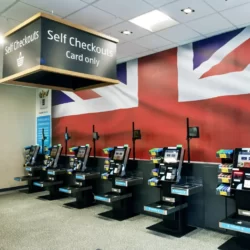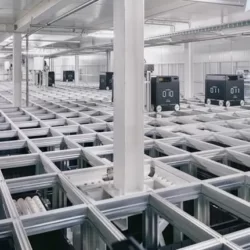Logistics issues force Ikea to reduce product range
Swedish home furnishings giant Ikea has been forced to reduce its product range. Many of its stores – especially in the UK and Ireland but also elsewhere – are struggling with supply problems affecting around 10% of stock (or approximately 1,000 product lines).
“Like many retailers, we are experiencing ongoing challenges with our supply chains due to COVID-19, Brexit and labour shortages (HGV drivers for example), with transport, raw materials and sourcing all impacted. In addition, we are seeing higher customer demand as more people are spending more time at home. As a result, we are experiencing low availability in some of our ranges, including mattresses,” the company told BBC News.
Delivery problems
Ikea is also struggling with delivery problems in the Netherlands, causing various products to be unavailable or difficult to obtain. As a result, the retailer has decided to temporarily remove some products from its range altogether, although it is not clear how many products are affected. Whereas the problems in the UK and Ireland mainly stem from Brexit and the driver shortage, the issues in the Netherlands are largely the result of the surge in demand and the disruption in the global container shipping industry. Last year, the container shortage prompted the group to charter its own ships and purchase shipping containers for the first time.
Distribution moved from UK to Belgium
Also last year, Ikea switched distribution for its Dublin operation from the UK to Belgium to maintain supply flow following Brexit. At the time, the company said it experienced initial disruption to trade flows from new border operation models and product requirement rules but that these had not had a “significant impact” on the business. However, recently filed accounts for Ikea Ireland show its pre-tax profit fell from €11.07 million in the 12 months to the end of August 2020 to just €3.7 million a year later. Revenues declined by 13%, from €203.5 million to €176.6 million, with a rise in online sales only partially offsetting the losses.










